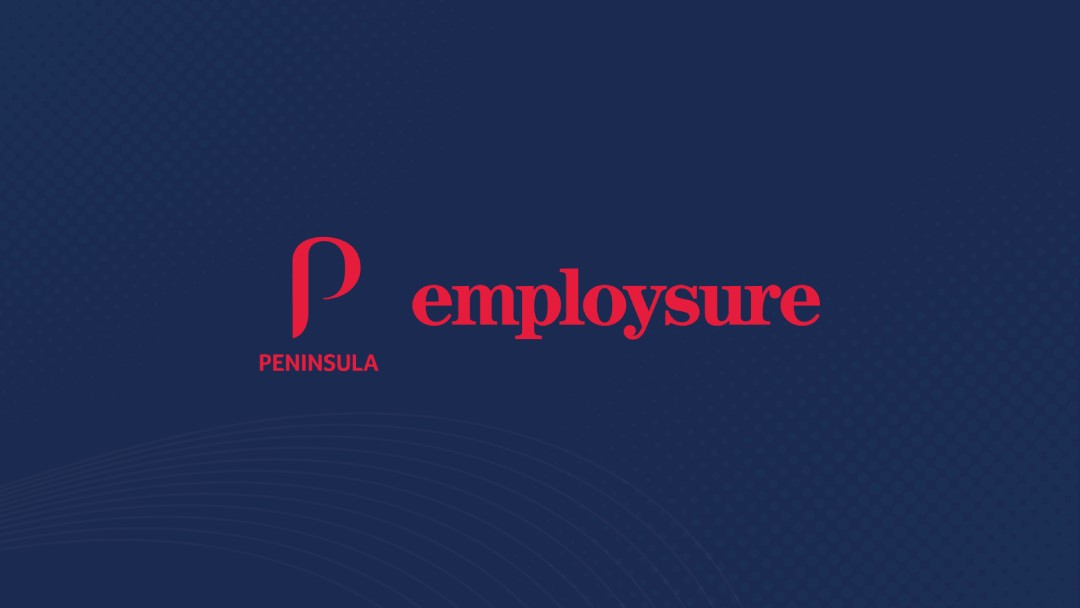
In Australia, addressing the impact of family and domestic violence (FDV) has become a priority within the workforce, acknowledging the crucial need to support and protect individuals affected by these circumstances.
This guide provides an in-depth look at the entitlements for paid family and domestic violence leave. It focuses solely on the Australian context and highlights legislative updates that offer enhanced employee support.
Understanding family and domestic violence leave
Paid family and domestic violence leave in Australia is a progressive measure designed to support employees experiencing domestic and family violence. It allows them to take time off to address their situation without losing their income or impacting their job security.
According to the Fair Work Ombudsman in Australia, family and domestic violence is defined as violent, threatening or other abusive behaviour by a family member that seeks to coerce or control the family member or causes them to be fearful.
This includes not only physical violence but also emotional, psychological, financial, and sexual abuse, as well as stalking – essentially, any conduct that makes a family member feel unsafe and undermines their personal security or wellbeing.
This broad definition recognises the various forms that such violence can take and the impact it has on individuals, aiming to provide comprehensive support through entitlements like domestic violence leave.
Legislative framework and entitlements
Recent updates to Australian legislation have significantly improved support for employees affected by domestic and family violence. Marking a pivotal step towards protective workplace practices.
Employees across Australia are entitled to 10 days of paid domestic violence leave each year. This entitlement is part of a broader effort to provide comprehensive support, acknowledging the importance of financial stability during such vulnerable times.
Paid family and domestic violence leave is part of the National Employment Standards (NES). However, family and domestic violence leave in Australia operates distinctly from other types of leave, such as annual leave or sick leave. It does not accrue over time. Instead, eligible employees can access paid family and domestic violence leave — 10 days each year — available in full at the start of each 12-month period of their employment.
Who is eligible for paid family and domestic violence leave?
Paid family and domestic violence leave is available to employees who need time to deal with the impact of violence experienced by themselves or someone close to them. This can include:
An employee's close relative: This includes a spouse/former spouse, de facto partner/former de facto partner, children, parents, grandparents, grandchildren, and siblings.
A member of the employee's household: This extends to the current or former spouse/de facto partner's child, parent, grandparent, grandchild, or sibling of the employee.
A current or former intimate partner: This recognises the potential for violence in past or ongoing relationships.
Relatives under Indigenous kinship rules: Aboriginal and Torres Strait Islander kinship rules are also recognised for defining close relatives.
Which types of employment qualify for paid family and domestic violence leave?
The Fair Work Ombudsman clarifies that all employees qualify for paid family and domestic violence leave, regardless of employment type:
Full-time employees: Employees with standard contracts, regular hours, and annual salaries.
Part-time employees: Workers on contracts with fewer hours than full-time roles and receive a proportional salary and benefits.
Casual employees: Individuals without guaranteed hours who work on an as-needed basis. Casual employees qualify after a specific period, demonstrating an ongoing work relationship.
What can family and domestic violence leave be used for?
The broad definition of family and domestic violence allows you to use your leave for various purposes related to managing your safety and wellbeing:
Securing your safety: This could involve relocating, attending court hearings, or liaising with police.
Medical appointments: Seeking medical attention for physical or mental health concerns from FDV.
Legal or financial support: Meeting with lawyers or financial advisors to address legal or financial issues caused by FDV.
Counselling: Attending counselling sessions to deal with the emotional impact of FDV.
Nationwide uniformity
The entitlement to domestic violence leave is consistent across all Australian States and Territories. This uniform approach ensures all employees, regardless of location within Australia — be it New South Wales (NSW), Queensland (QLD), South Australia (SA), Western Australia (WA), Victoria (VIC), Tasmania (TAS), the Northern Territory (NT), or the Australian Capital Territory (ACT) — have access to the same level of support.
2023 Update for small businesses
In a significant legal update in 2023, Australia extended its support for employees dealing with family and domestic violence to include those working in small businesses.
Previously, there was a distinction based on the employer's size, but the latest amendment ensures all employees, regardless of the size of the business they work for, are entitled to 10 days of paid family and domestic violence leave each year.
This landmark change underscores the commitment to providing universal support to individuals facing such challenging circumstances. Affirming the employer's business scale should not influence access to this crucial leave entitlement.
This update marks a pivotal step in Australian employment law towards creating safer and more supportive workplaces across the entire employment landscape.
Employer responsibilities
Employers play a vital role in the effective implementation of paid family and domestic violence leave. They are required to treat all matters with strict confidentiality and sensitivity. Beyond adhering to legislative requirements, employers are encouraged to provide additional support mechanisms to foster a workplace culture of safety and respect.
Additional workplace policies
Beyond the legal entitlements prescribed by Australian law, employers have the opportunity to develop workplace policies that further support employees affected by family and domestic violence.
These policies can exceed the statutory requirements, offering additional paid leave, flexible working arrangements and comprehensive support services such as counselling and legal assistance.
By implementing such measures, businesses comply with legal standards and demonstrate a commitment to creating a compassionate and understanding workplace.
Such initiatives reflect an organisation's recognition of the broader impact of domestic violence and its dedication to the wellbeing of its employees. Establishing a culture of care and support that transcends the minimum legal obligations.
Important points to remember:
Family and domestic violence leave is for 10 days per year and doesn't accrue or carry over to the next year.
Employees don't need to provide extensive documentation to employers, but a basic explanation of why leave is needed is sufficient.
Employers are legally obligated to provide family and domestic violence leave and cannot discriminate against employees for taking it.
Moving forward with support
The provision of paid family and domestic violence leave represents a key element of Australia's commitment to combatting family and domestic violence and supporting affected individuals. It’s an essential step forward in ensuring that workplaces nationwide are safe and supportive environments.
For further details on domestic violence leave entitlements and accessing support or to learn how to assist colleagues facing these challenges, numerous resources are available through national and local support services.
Organisations such as 1800RESPECT offer confidential information, counselling, and support for individuals affected by family and domestic violence. By integrating such external resources into the support network, businesses can ensure their employees have access to a broad spectrum of assistance.
Encouraging the use of these services complements internal policies, creating a robust framework that supports employees through challenging times. Employers are encouraged to make information about these external resources readily available, reinforcing a culture of care and support that extends beyond the workplace.
Together, by staying informed and supportive, we can contribute to a culture of understanding and assistance, reinforcing the safety net for individuals impacted by family and domestic violence.
Frequently Asked Questions
Do I need a doctor's certificate to take paid family and domestic violence leave?
No, a doctor's certificate isn't mandatory. However, you might choose to provide one if it supports your need for leave.
What if I'm not comfortable disclosing the reason for my leave?
You can inform your employer you need leave for personal reasons. You're not obligated to disclose the details surrounding family and domestic violence.
Can my employer ask for evidence of family and domestic violence?
Employers cannot demand extensive evidence. However, a genuine explanation for needing leave is reasonable.
What resources are available for support?
If you're experiencing family and domestic violence, know that you're not alone. Here are some resources that can help:
- The Fair Work Australia website offers resources and helplines for family and domestic violence support.
- 1800RESPECT: 1800 737 732.
- Lifeline: 13 11 14.
- Domestic Violence Crisis Service: depending on your state.


